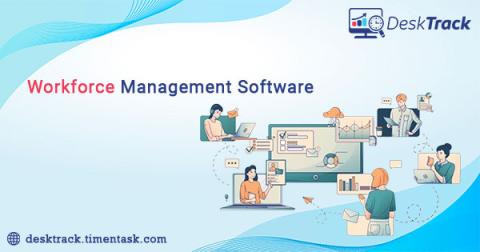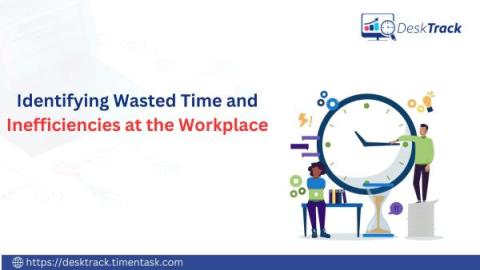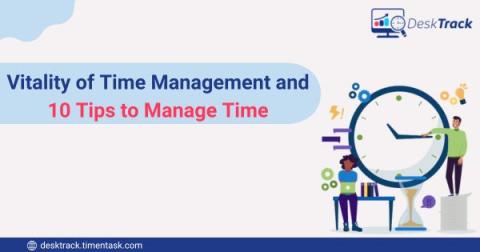Different Methods to be Proactive at Work From Home
Is it essential to be proactive at work for remote work? Yes, this is because today’s highly competitive world requires hard work and effective strategies to be successful. With the advent of the Covid-19 pandemic, the complexities of today’s business world have been enhanced. Today, one needs to be more productive and efficient than ever before. This is because the employee output has increased by 3.8% in 2020, i.e. it has doubled the average of 1.4% recorded in 2005.









